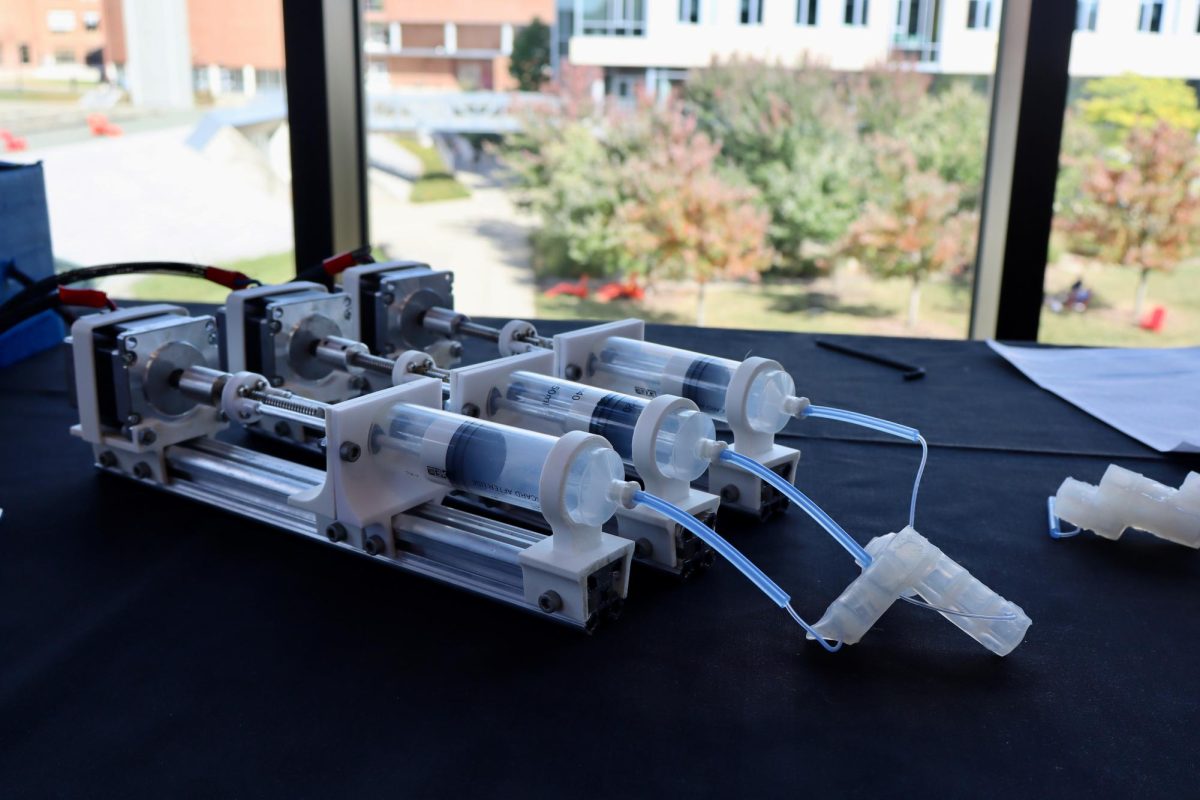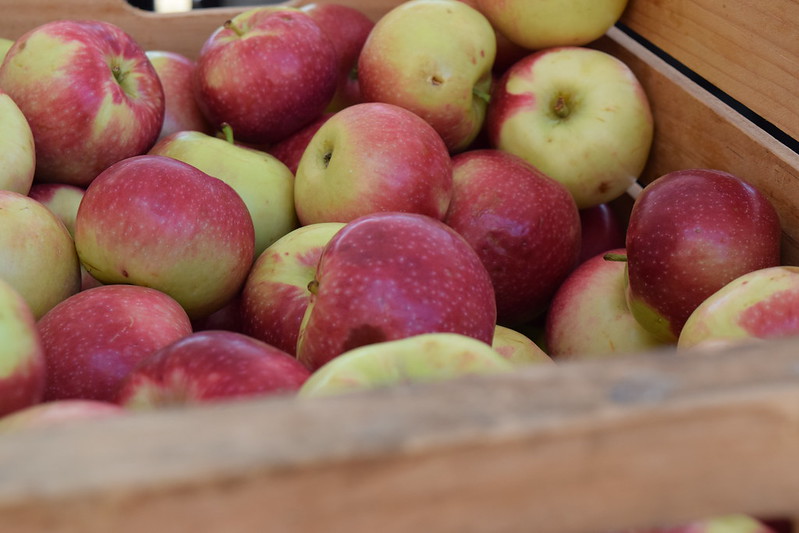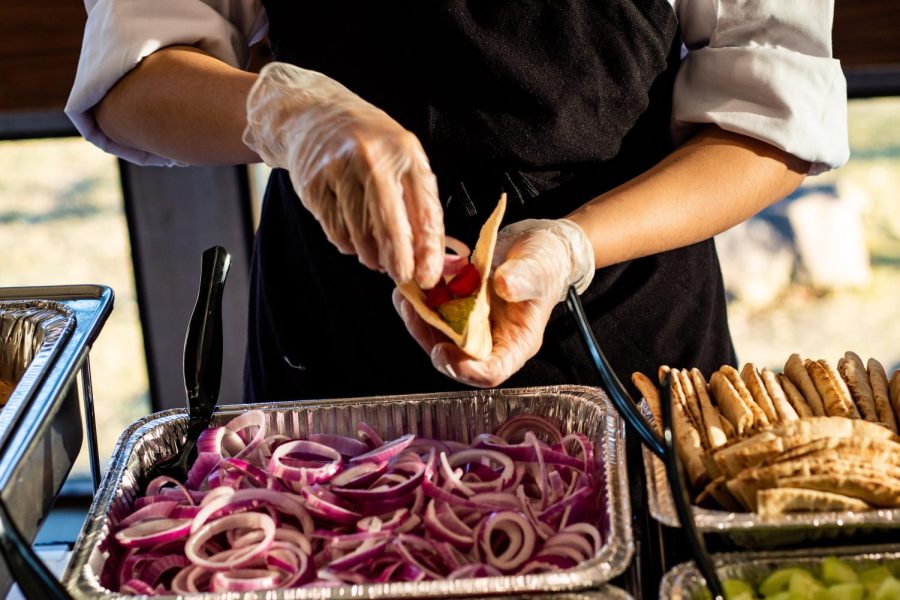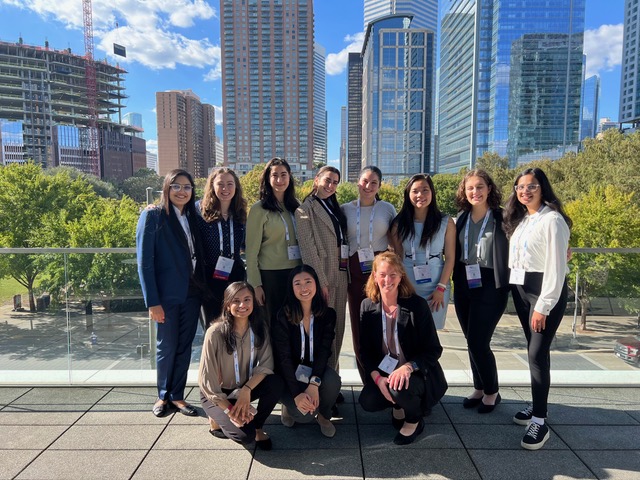
Over the weekend, Hadley Farm played host to a series of seminars providing information on various aspects of farming, which were run in conjunction with University of Massachusetts faculty.
At the all-day event on Saturday, University of Massachusetts agricultural faculty and extension team staff offered the necessary information for gardeners, nonprofessional small farmers, and beginners to take their commitments to their own backyards.
Jacqui Carlevale, program coordinator of the Crops, Dairy, Livestock, and Equine (CDLE) Program said that attendees come away with resources, information and contacts that enable them to build networks to support home-based agricultural activities.
Topics were determined by working closely with federal and state agencies, including Massachusetts Farming Bureau (MFB), Massachusetts Department of Agricultural Resources (MDAR), and Natural Resources Conservation Services (NRCS), as well as community enthusiasts. From egg farming to raising farm animals, seminars focused on environmentally friendly practices that promote organic, cost-efficient food production achieved by growing crops and raising livestock. According to Carlevale, the most interest is shown in the chicken and poultry seminar, while the pasture and hay management seminar comes in second.
Joe and Deb D’Eramo, empty nesters with one child currently studying at UMass, drove an hour and a half from Harvard, Mass. to attend these. Currently gardeners and founding members of their town’s community gardens, they will use the information learned at these seminars to increase scale and diversity of the gardens to grow for friends and themselves and also to expand to the larger community and possibly sell.
Though the D’Eramos do not currently own animals, they are actively searching for farm property. Before purchasing, however, they attended these seminars in order to make well-educated decisions about the kinds of animals they will keep. They are currently contemplating chickens, goats, rabbits and pigs, which will provide eggs, milk and meat for themselves and their local community.
Though Joe holds a position as a marketing manager for a computer company, he and his wife are taking their extra time and making this effort because they recognize the importance of the “back to the land movement” in which communities are growing safe food and becoming more self-reliant. The D’Eramos believe these kinds of seminars enable individuals and communities to achieve this goal.
Like the D’Eramo’s, Carlevale stated her belief that the primary reason people are getting involved is to know where their food is coming from and becoming self-sufficient. She also pointed out that growing within communities not only promotes self-reliance, but also can be more affordable.
While growing and being self-sufficient is important, Masoud Hashemi, team leader of the CDLE extension team, also emphasizes managing pollution resulting from certain agricultural activities. As a UMass professor who teaches a sustainable soil and crop management class, the seminar allowed him to spread his knowledge to the larger community.
He also expressed hope that his extension team can educate small farmers on methods that reduce contamination and minimize pollution coming from agricultural activities. To be sustainable, manure and other farm waste should be disposed of responsibly to prevent waste particles from spreading through surface soil and groundwater, eventually infesting water supplies. To support this effort, Hashemi’s team runs seminars and workshops throughout the year at Hadley Farm.
Robert Clifford and Edgar Foudray, both fruit and vegetable crop production majors in the Stockbridge School of Agriculture and former students of Professor Hashemi, attended the Backyard Poultry seminar. Though they have both had experience working with chickens, they attended to better understand how to care for laying hens and possibly some meat chickens.
This seminar covered information about understanding basic farming regulations, taking measures to protect chickens from predators, and implementing inexpensive, reusable techniques to foster sustainability. Though Foudray prefers workshops that provide hands-on experience, he came away with tips about hatching and raising chicks that he did not know previously.
“It’s cool to hear what can be done with little backyard space,” he said.
Carlevale agreed that the seminars help beginners recognize the potential in small-scale farming. Even if it be a few college students who would be interested in providing themselves with fresh eggs, these seminars can provide helpful information for virtually anyone. She encourages students to participate and learn about environmentally friendly agricultural activities that produce organic, affordable food sources.
For more information on how to participate, visit http://www.umass.edu/cdl/news.html.
Meghan Connolly can be reached at [email protected].






